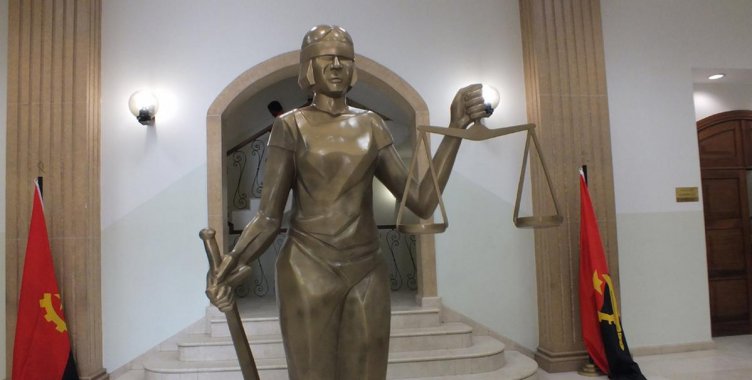At issue is the call by the National Union of Magistrates of the Public Ministry of Angola (SNMMP) for an eight-day strike, between the 1st and 8th of March, against the lack of an adequate remuneration policy and decisions that they consider discriminatory, such as the withdrawal of diplomatic passport.
PGR spokesperson, Álvaro João, was speaking at the end of a management meeting called to analyze the SNMMP's list of demands, which threatens to stop services if they are not granted a new remuneration status, diplomatic passport and vehicles.
Álvaro João, quoted by the Angolan news agency, Angop, stressed that the management is sensitive to the concerns, having set up a technical group that works on reforming the PGR legislation, without the union committee, which declined to participate.
The PGR spokesperson highlighted that, once the proposal to reform the PGR and its remuneration status has been completed, the document will still require approval from the President of the Republic and the National Assembly.
According to Álvaro João, the salaries of deputy attorneys general have already been standardized, as set out in previous claims books, and a five-year plan is being implemented to allocate vehicles to magistrates at various levels, in a phased manner and depending on the quotas made available by the Ministry of Finance.
Regarding the granting of diplomatic passports, the person in charge said that it goes beyond the competences of the Public Ministry.
The SNMMP statement, to which Lusa had access, signed by the president, Adelino Fançony André, states that the strike will take place at different levels and periods, depending on the interest dedicated to resolving concerns.
The first period begins on March 1st and runs until the 8th, with only the inspection of cells and places of detention, referral of defendants who require medical intervention and action in cases involving minors who are accused of crimes being guaranteed.
"We remain open to dialogue, but we need to clearly demonstrate our dissatisfaction with the social position and extreme vulnerability in which the magistrate has been placed", concluded the union's management.







